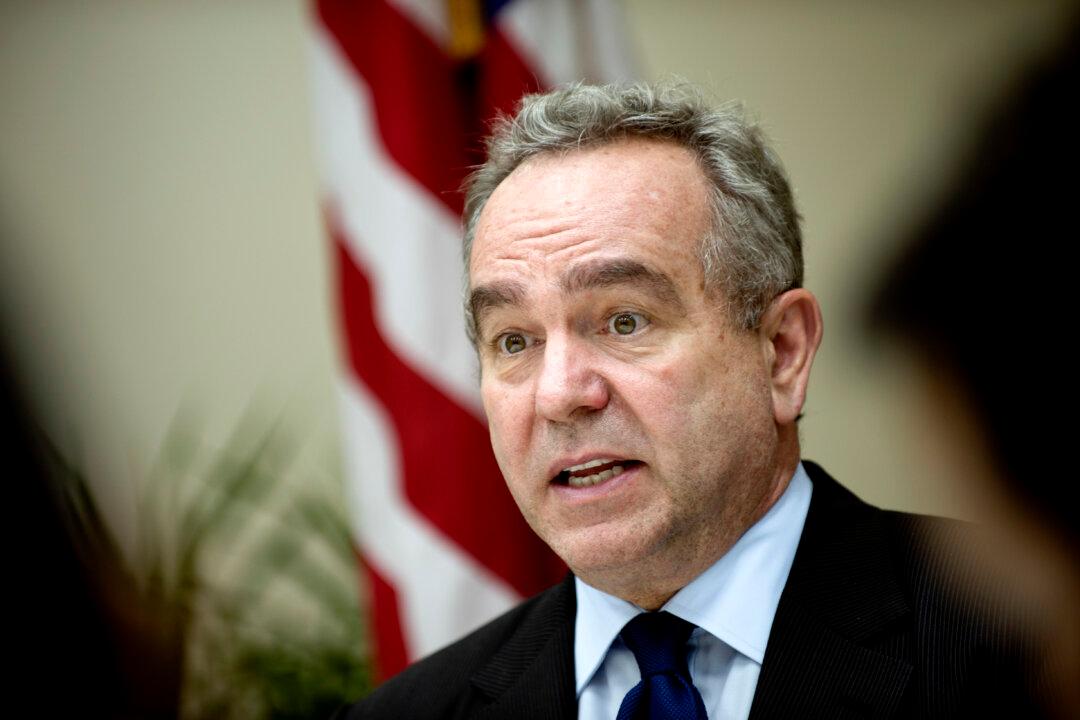More Chinese students in the United States should study the humanities rather than sciences because of national security risks, a top U.S. diplomat said.
“I would like to see more Chinese students that are coming to the United States to study the humanities and social sciences, not particle physics,” Deputy Secretary of State Kurt Campbell said during an event hosted by the Council on Foreign Relations think tank on June 24.




